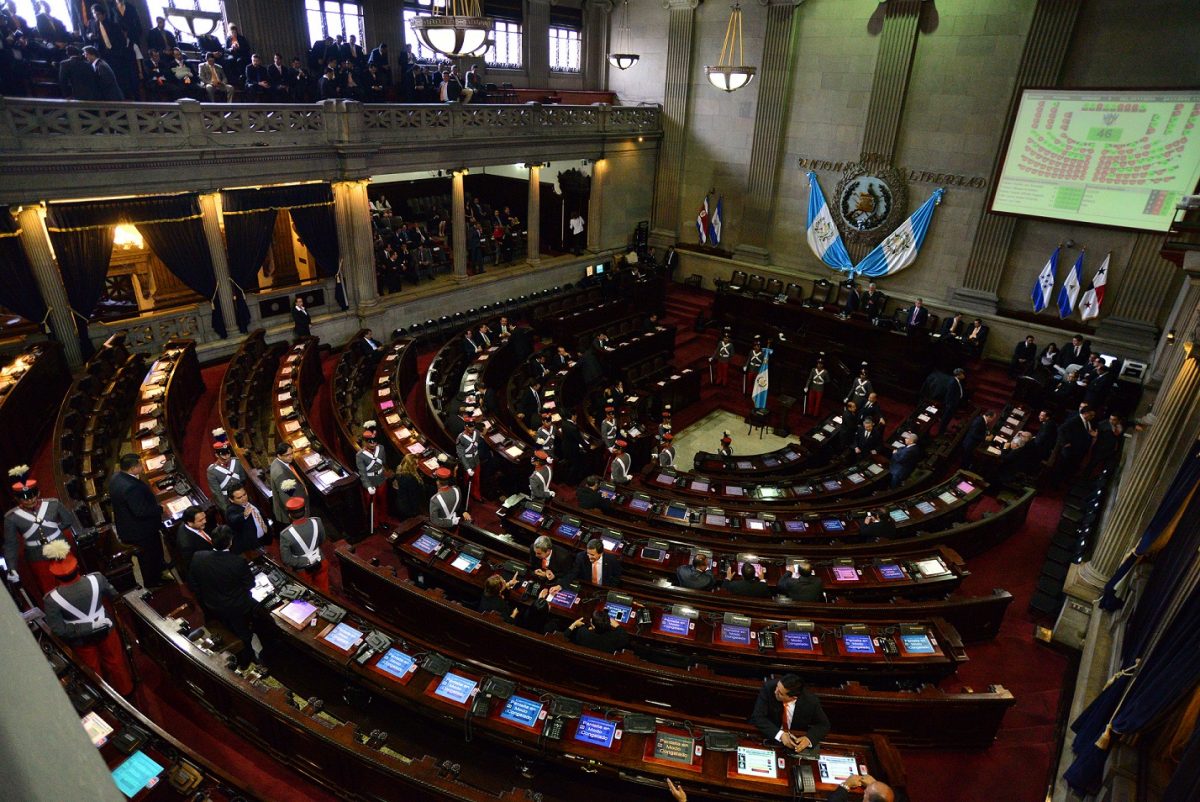
Guatemala's new Competition Law has been published in the Diario de Centroamérica on December 9, 2024. This regulatory framework, consisting of 121 articles, will govern the market and penalize practices that undermine fair competition.
One of the most significant aspects of the new law is the creation of the Superintendency of Competition, which will be responsible for overseeing and controlling business practices.
The Superintendency will have a board made up of representatives from various entities, such as the President in the Council of Ministers, the full Congress, and the Monetary Board. This board will serve for a period of six years, and its presidency will rotate among its members.
Anticompetitive Practices: relative and absolute
The new legislation establishes two types of anticompetitive practices: relative and absolute. Both are subject to severe penalties and have significant implications for companies that engage in them.
Relative practices
Among the most common relative anticompetitive practices are the following:
- Price manipulation, charges, or discounts in the sale or purchase of goods and services.
- Market division, assigning territories, customer segments, or sources of supply.
- Restrictions on the production, demand, distribution, or marketing of products or services.
- Coordination of bids in public procurement processes, such as tenders or auctions.
Absolute practices
On the other hand, absolute practices are more aggressive and harmful to the market. Some of the prohibited behaviors include:
- Imposing prices, margins, or commercial conditions that affect buyers or distributors.
- Selling products below cost in an attempt to exclude competitors from the market.
- Restricting access to essential inputs or creating discriminatory conditions for other economic agents.
- Blocking the entry of new competitors into the market or denying access to essential trade associations.
Sanctions and entry into force
Sanctions for engaging in these practices can be severe. If anticompetitive conduct is proven, fines can reach up to 200,000 daily minimum wages for non-agricultural workers, which would amount to more than USD 77,761,860.00 (Q600 million).
Although the law has been approved, the enforcement of sanctions will be implemented gradually. According to the law, anticompetitive practices will be recognized two years after its publication in the Official Gazette, meaning that the first sanctions could be applied by the end of 2026.
The Competition Law will not take effect immediately. The decree specifies that some of its provisions will be applied starting in 2025, while others will begin to be enforced two years after its publication in the Official Gazette, allowing the Superintendency of Competition time to prepare for its work.

